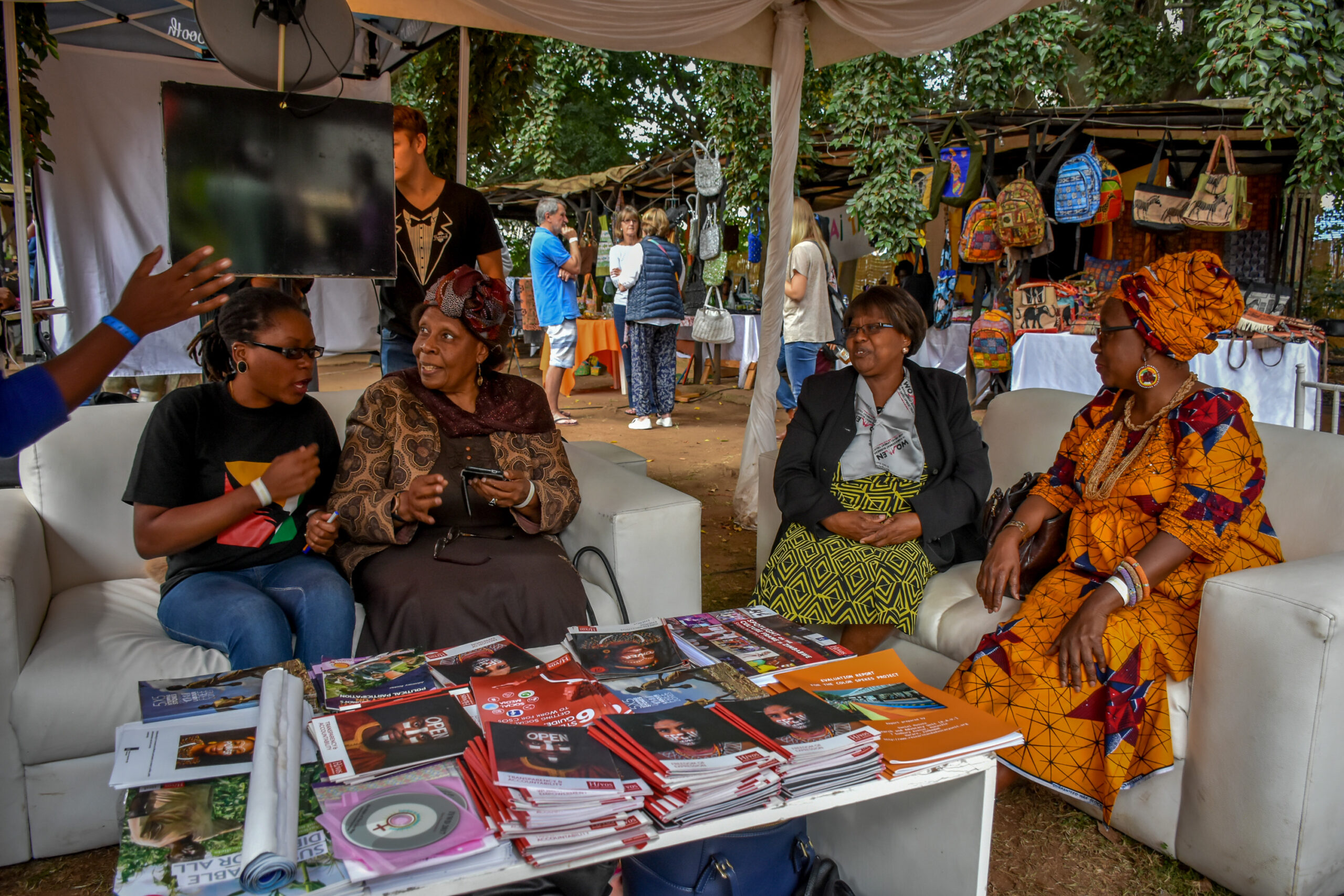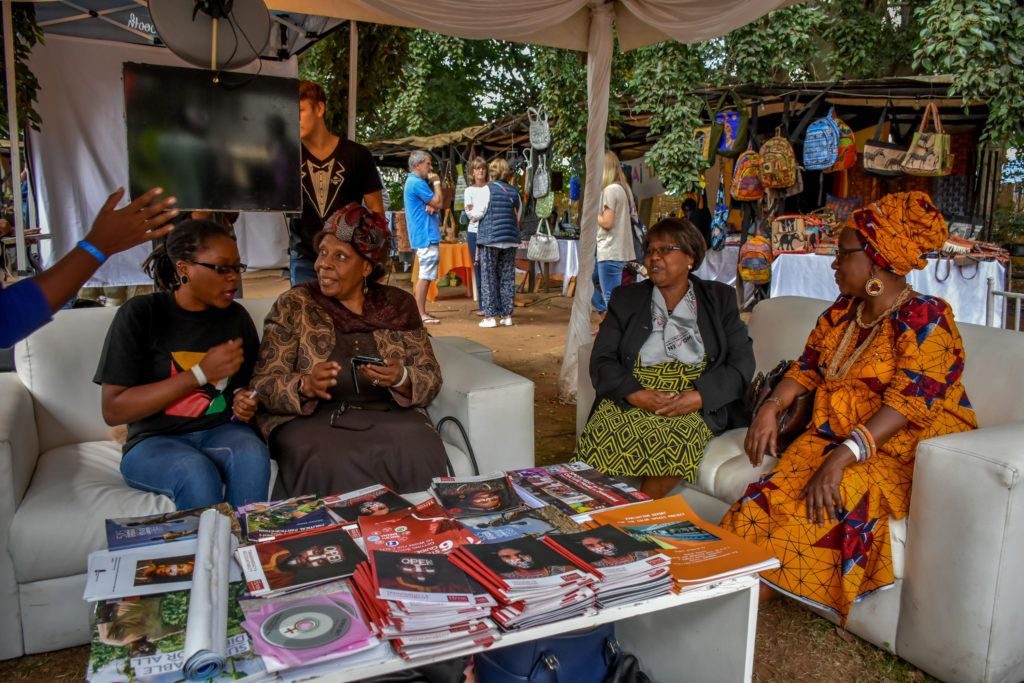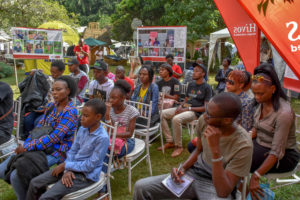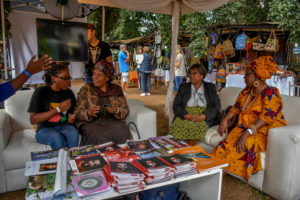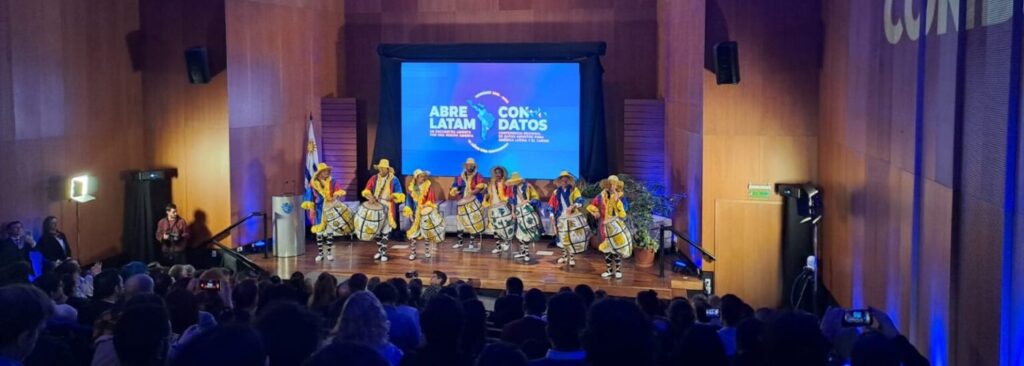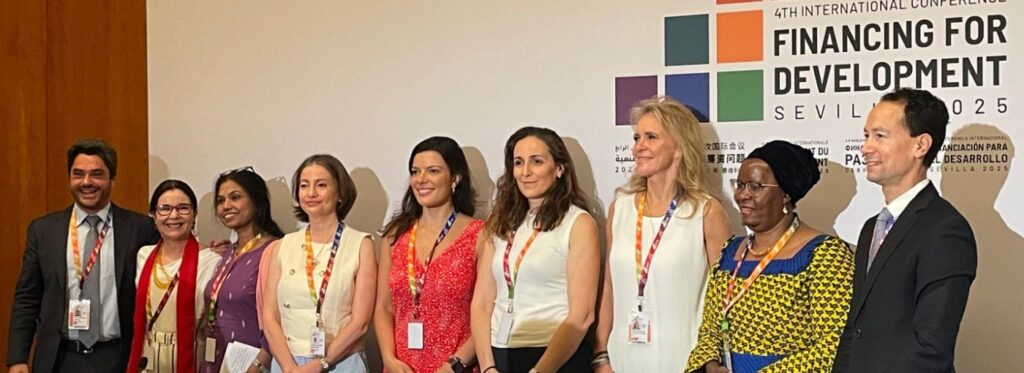History of the Women’s movement and its possible future
By Women’s Coalition of Zimbabwe
“Throughout history, women have made extraordinary contributions to their societies. Though some of these women are not well known, they have been trail blazers in the history of the women’s movement” Dr Sekai Holland
Women’s Coalition of Zimbabwe, under the Women Empowered for Leadership program, last week featured on a panel discussion to share the “History of the Women’s movement and its possible future”. Organized by HIVOS Southern Africa the panel discussion aimed to foster understanding on how the Women’s movement came into being and also shed light on the future of feminism. The panel discussion featured prominent women’s rights defenders including Dr. Sekai Holland from the Zimbabwe National Peace Trust, Dr Rita Nyamupinga, Female Prisoners Support Trust and member of the Women’s Coalition of Zimbabwe, Commissioner Nyangulu, Zimbabwe Gender Commission and Charity Chaturuka, Women’s Coalition of Zimbabwe #Young Women’s Forum.
Highlights
Dr Holland opened the discussion by sharing how Women’s clubs kick started the history of the Women’s Rights Movement. “Women wanted to be involved in useful activities at a time when they were culturally barred from becoming educated and having careers”. The club movement arose out of desire of women to better themselves and their society. According to Dr Holland, though these clubs are not acknowledged in history, they played a key role even in the liberation struggle.
Throughout the discussion, panel representatives noted progress that has been made in the empowerment of women, highlighting how women’s clubs proceeded in successive waves from firstly challenging women’s traditional roles at home and emboldening women to reveal the genius hidden in them to small groups of people questioning why human lives were being unfairly constricted.
The discussion also highlighted how women’s rights have been brought to the forefront of national and international agendas. According to Dr Rita Nyamupinga, throughout history, women have made extraordinary contributions to their societies. “Though some of these women are not well known, they have been trail blazers in the history of the women’s movement” added Dr Holland who to that end, posed a challenge to the young generation to “go out there and collect the stories of the extraordinary women who got us were we are today”. “Women should learn to have a collective understanding of the women’s movement.”
She stressed the importance of starting within the immediate families before going elsewhere to look for history. “History is within our families. Ask your grandmothers”. She also urged people to go back to history no matter how bad the past was “For intergenerational continuity you have to understand the past and by understanding the past you are able to correct the future”.
However, in conclusion, there was general consensus from the panel that even with the substantial efforts by the women’s movement in achieving gender parity at all levels, disparities still remain with culture being a stumbling block to many advocacy initiatives. The Young Women’s Forum representative thus called upon young women to step up to the challenge and continue with the legacy.

